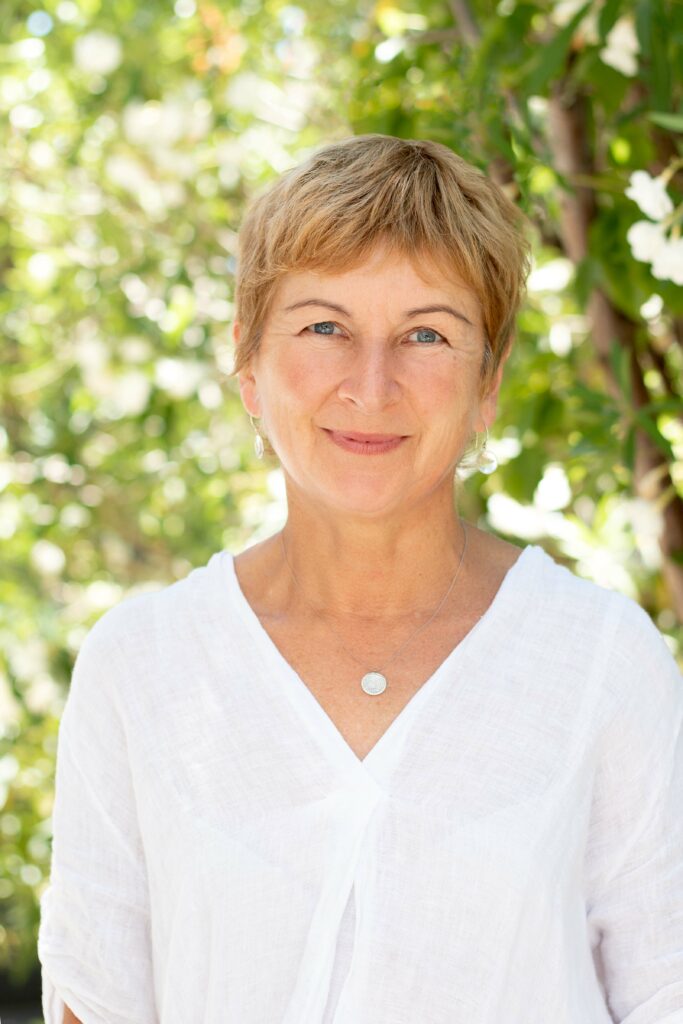Dr. Meroula Richardson: From childhood on a farm to a leading cardiologist to ARMILAB
As a cardiologist, regenerative medicine holds enormous appeal for Dr. Meroula Richardson. “Transplantation and heart failure therapies are great – but they are treatment, not a cure,” said Meroula. “The potential for molecular and cell-based therapy to provide a cure is both real and exciting.” That is part of why Meroula has joined ARMI’s Leadership Advisory Board (ARMILAB).
Meroula was born in rural Western Australia, 115 kilometres from Perth. Growing up on a farm and attending boarding school from the age of 12 helped Meroula develop strong problem-solving skills and independence. Meroula relied on books and imagination to stave off boredom without a TV.

As a young adult, Meroula went to medical school at the beautiful campus of the University of Western Australia (U.W.A) and pursued physician training, followed by a specialisation in cardiology. During her studies, Meroula developed a strong interest in organ transplantation. However, in the late 80s, there were no heart transplant units in Perth. So Meroula travelled to the U.K and completed training in all aspects of heart transplantation with Professor Sir Magdi Yacoub’s pioneering team at the Harefield Hospital just outside London.
Meroula recounted, “My plan was originally to return to WA and establish a heart transplant service in Perth. However, I was offered a consultant position at The Alfred with their well-established unit. The lure of living in Melbourne was too strong.”
The 1990s marked the beginning of a time of tremendous excitement in the field of heart failure and transplantation, with trials of effective drug therapy just starting. Returning from London to The Alfred in 1994, Meroula became one of the foundation members of The Alfred’s Heart Failure Unit.
“It was a wonderful, busy, terrifying, exciting time to be in that area.”
In 2005, Meroula decided it was time for a change. She maintained a part-time role at The Alfred and established a private practice, mainly at Cabrini Hospital and at rural outreach clinics in Bairnsdale, until February 2020, when she had to stop practising procedural clinical medicine due to severe arthritis in her hands. “One thing I miss the most is the chance to make a difference and to contribute in some way. I hope I can do that at ARMI.”
Looking back, Meroula has found that her career journey has been meandering and largely unplanned. “I was so lucky to have been able to do what I did; to see people at their most vulnerable and to be able to make a difference. When under unbearable pressure, they have humbled me with their grace. So, if you ask who has inspired me – it’s these people.”
We welcome Meroula to ARMILAB!
